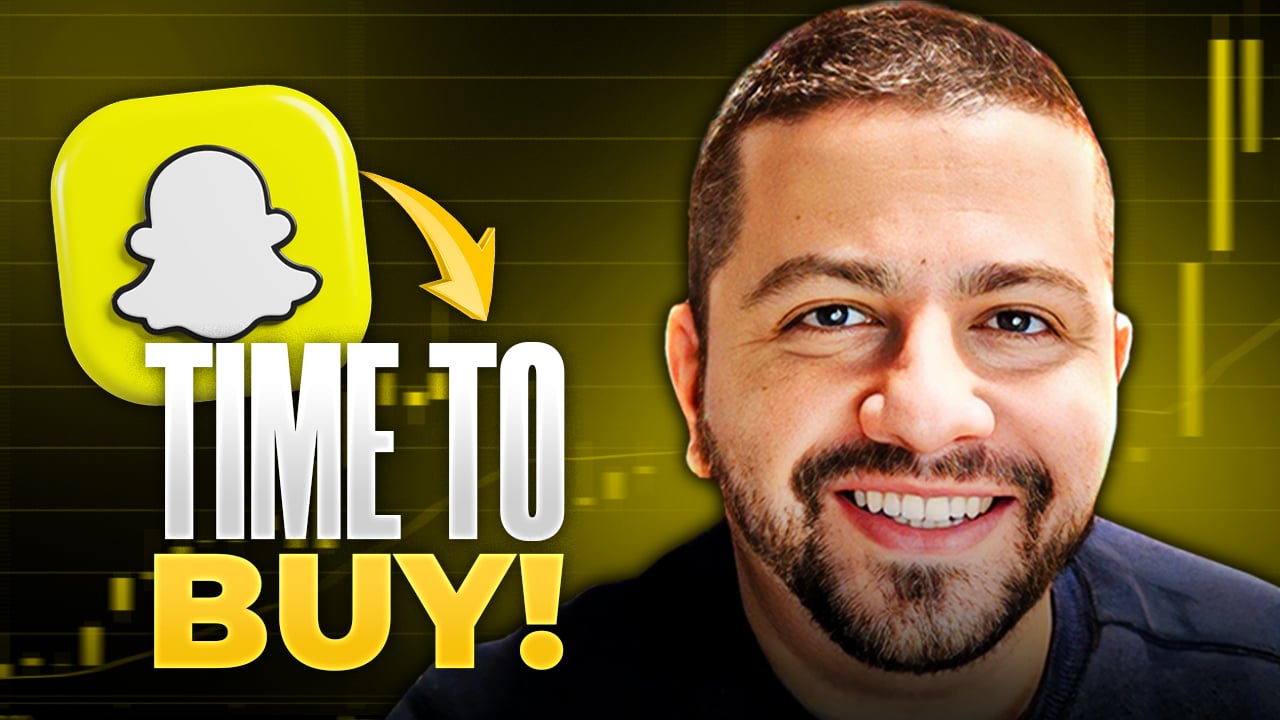What happened
Shares of Snap (SNAP 3.12%) have jumped today, up by 5% as of 3:20 p.m. EST, after CEO Evan Spiegel said the Snapchat parent would fact-check political ads. That would be in contrast to the controversial position that larger rival Facebook (FB 3.28%) has taken.
So what
"We subject all advertising to review, including political advertising," Spiegel said in an interview with CNBC. "And I think what we try to do is create a place for political ads on our platform, especially because we reach so many young people and first-time voters we want them to be able to engage with the political conversation, but we don't allow things like misinformation to appear in that advertising."

Image source: Getty Images.
In September, Facebook said that it would exempt political ads from its third-party fact-checking program, prompting widespread backlash, as critics argue Facebook has been complicit in the spread of misinformation on its platform. "This [policy] is grounded in Facebook's fundamental belief in free expression and respect for the democratic process, as well as the fact that, in mature democracies with a free press, political speech is already arguably the most scrutinized speech there is," Facebook exec Nick Clegg wrote in a blog post in an effort to justify the decision.
Now what
In contrast, Twitter CEO Jack Dorsey said last month that Twitter would ban all political advertising on its tech platform, effectively removing itself from the highly charged debate. Dorsey made a distinction between freedom of speech and freedom of reach, suggesting that removing money from the equation fosters more organic conversations around politics.
A political message earns reach when people decide to follow an account or retweet. Paying for reach removes that decision, forcing highly optimized and targeted political messages on people. We believe this decision should not be compromised by money.
— jack 🌍🌏🌎 (@jack) October 30, 2019
Snap's stance may allow it to grab a bigger piece of political advertising budgets ahead of the 2020 elections in the U.S. Snapchat remains incredibly popular among younger demographics, which are seeing significant increases in civic engagement and voter turnout.







